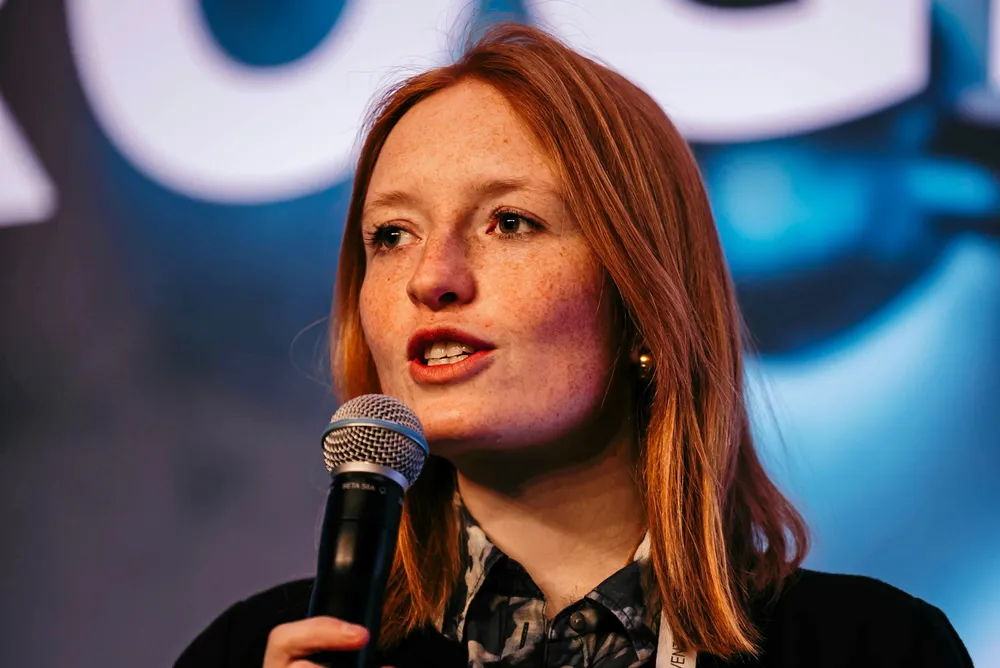EU to reveal winners of first green hydrogen subsidy auction at end of April
Senior European Commission official urges member states to use Hydrogen Bank scheme for 'auctions as a service' to avoid the UK's mistake of overpaying for H2

Senior European Commission official urges member states to use Hydrogen Bank scheme for 'auctions as a service' to avoid the UK's mistake of overpaying for H2
